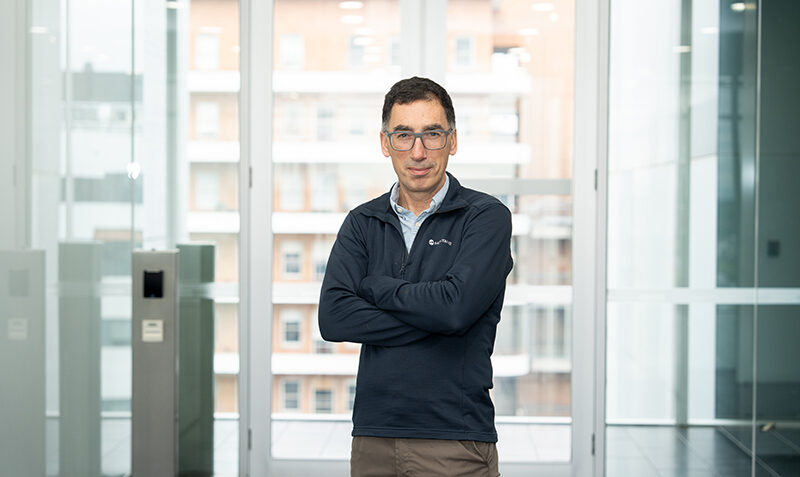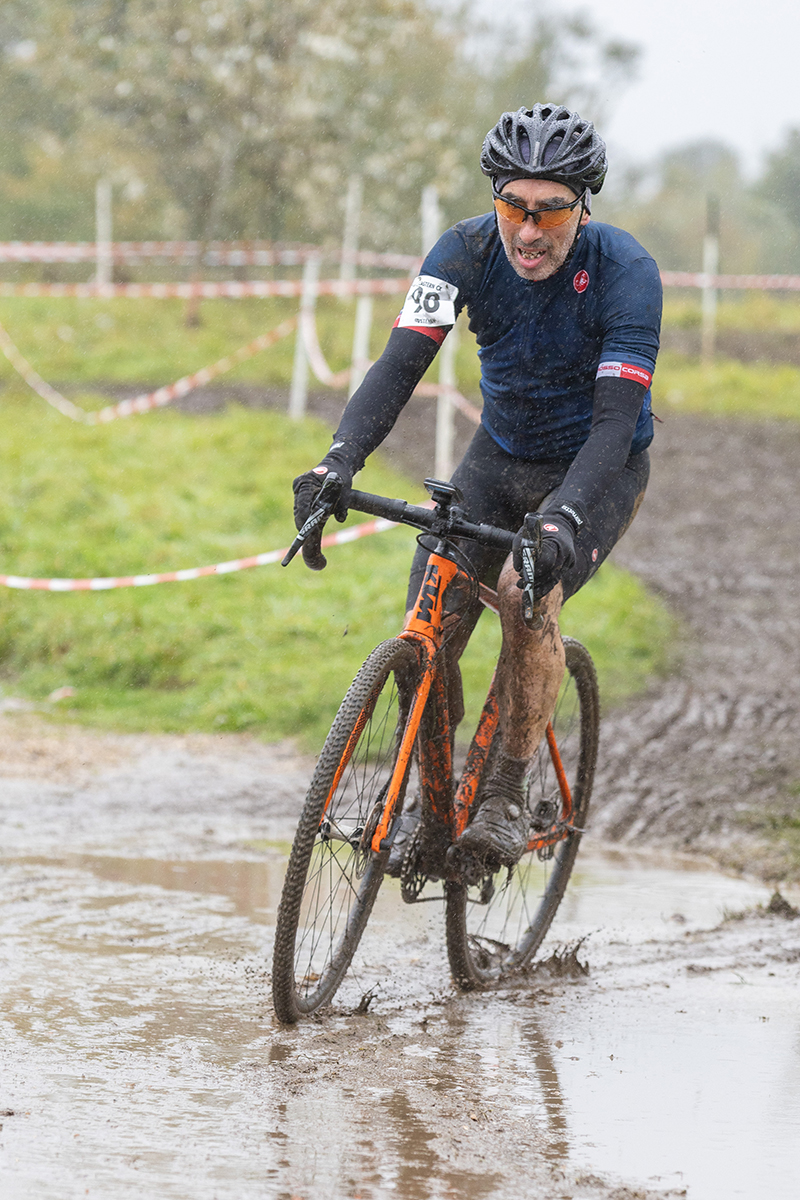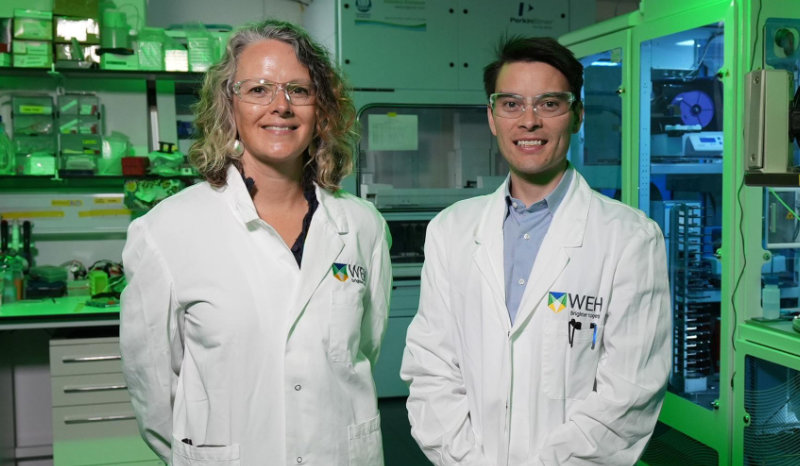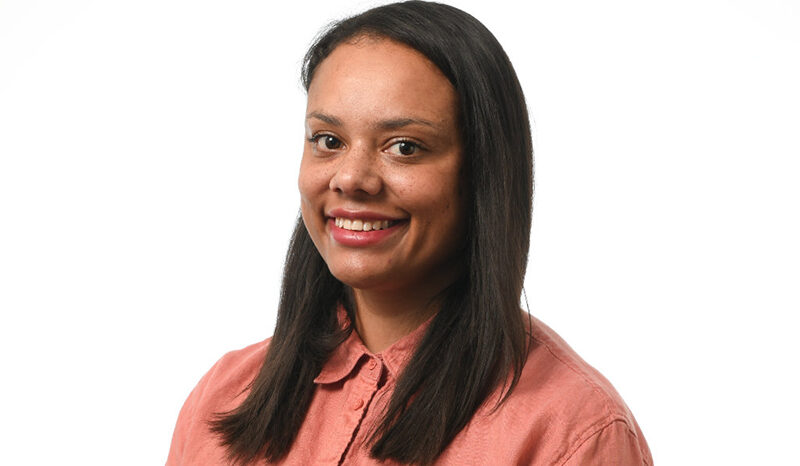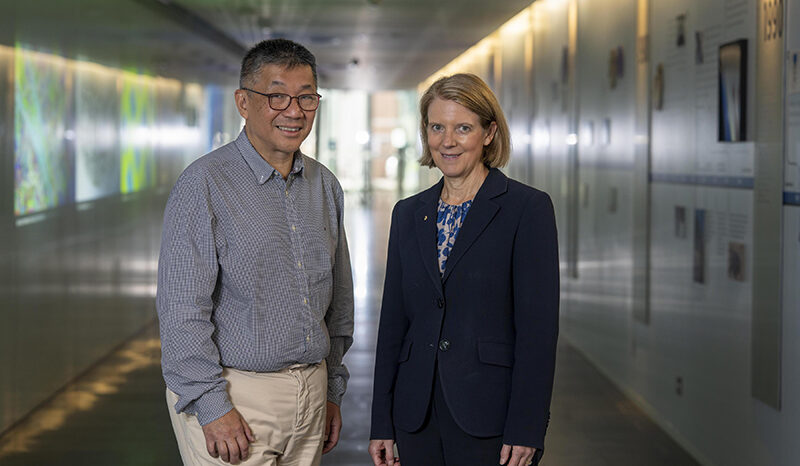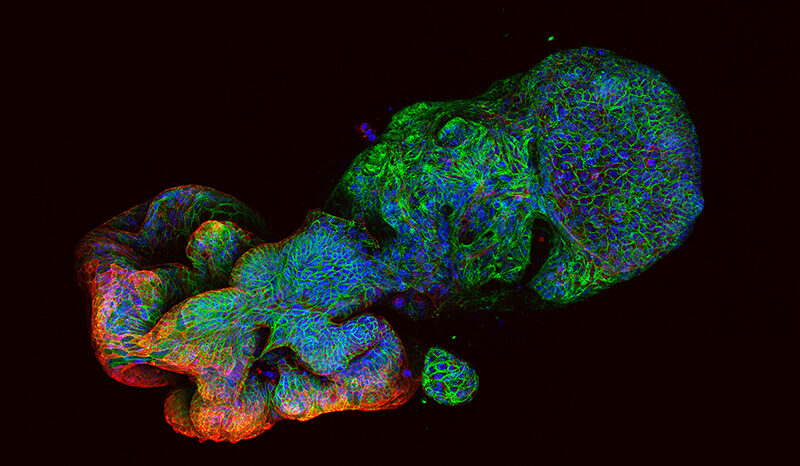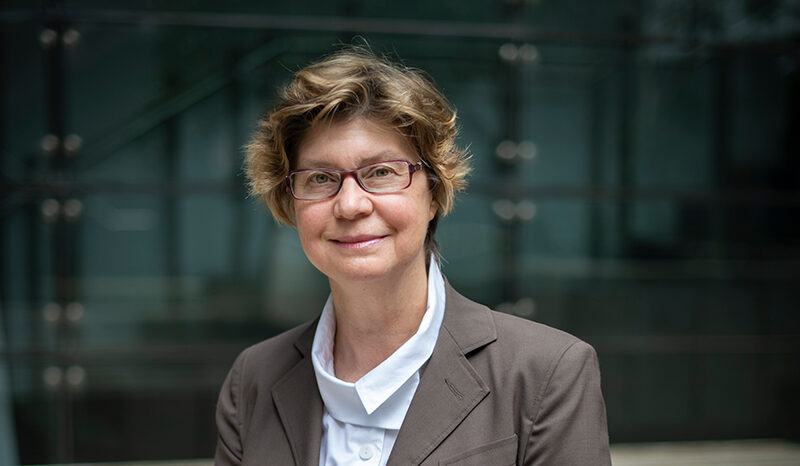Renowned UK scientist Dr Paul Lyons has joined the Snow Centre for Immune Health as Consulting Chief Scientist.
Dr Lyons will share his deep knowledge and experience with the talented team of scientists and clinicians working to translate their scientific breakthroughs into life-changing clinical treatments.
With a unique blend of international scientific expertise, regulatory knowledge and business acumen, Dr Lyons’ leadership is strengthened by a global perspective.
A valuable addition to the centre’s leadership team, he will shape and implement a world-class and comprehensive strategy to ensure the centre remains at the forefront of scientific research and development.
Dr Lyons’ dedication to genetics has seen him make significant contributions to immune-mediated disease research.
His impressive achievements include pioneering genome-wide and high-throughput studies that have redefined ANCA-associated vasculitis and developing a prognostic test for inflammatory bowel disease.
In addition to his role at the centre, Dr Lyons maintains a complementary ongoing position at the University of Cambridge, where he investigates how genetic variation influences the immune system and contributes to disease development.


